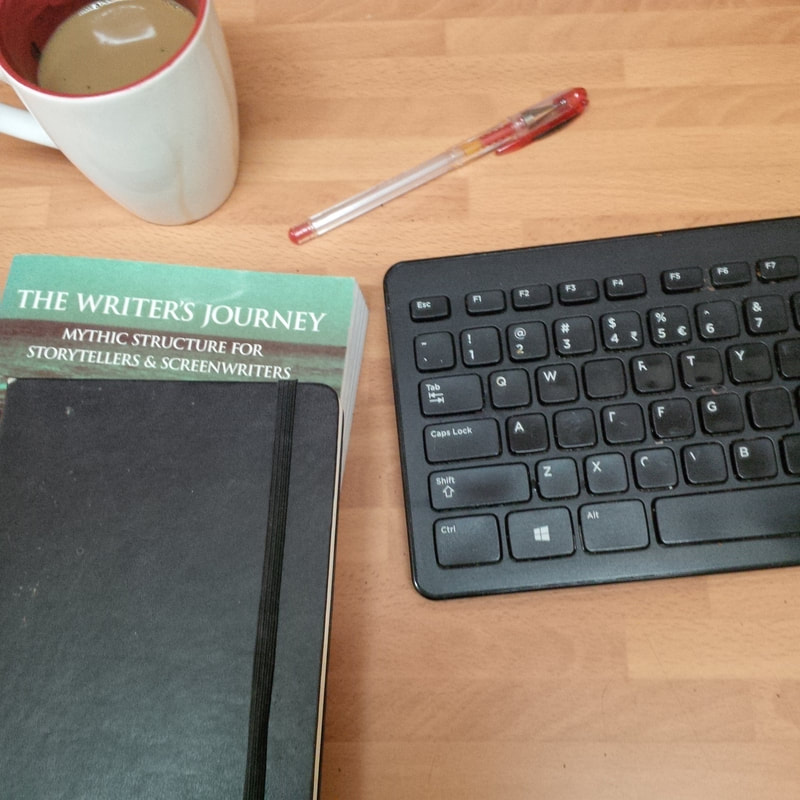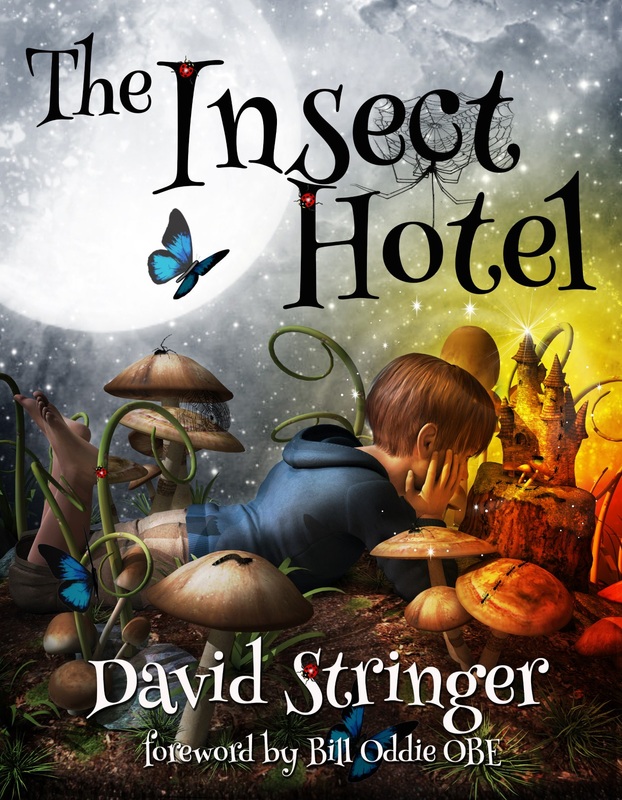A STORY is a narrative about a person -- the PRINCIPAL character -- who desperately wants something, the GOAL. The goal is difficult to attain, and for the duration of the novel, the principal devotes their efforts to attaining it. The principal fails repeatedly to attain the goal, until she either attains it, or is so destroyed that she has to stop trying.
A novel starts, at most, a little before the principal starts acting on their goal, and ends, at most, a little after the resolution. The cliche advice to "kill your darlings" started off as shorthand for "no matter how much you love a scene, if it does not serve the story, it has to go."
A clear story can be summed up in one sentence.
* Bob wants to become the king of London's gangsters.
* Mary wants a harmonious family home.
* Luke Skywalker wants to save the Space Princess.
If it's anything more detailed, it's not clear.
The story won't work if the goal is straight-forward, or the principal is not absolutely motivated to attain it. or if it's not big enough to encompass in some way the other characters and their subplots.
The psychological motivation for the principal's will to attain her goal is the story's DRIVE. The drive has to be strong enough that the principal is willing to make major sacrifices in pursuit of the goal.
The principal doesn't necessarily have to be the MAIN PROTAGONIST, the character whose head we ride in more than any other during the book. When the principal is also the main protagonist, it is usual to refer to her as the HERO. But the principal can also be an ally of the protagonist (_Moby Dick_), or the antagonist (_Rebecca_), or even a minor character operating off the page (_The Magus_).
The way to identify the principal is straight-forward: if her drive was not stirring things up, the other characters would just go about their lives as circumstances dictated.
A novel needs one clear CORE STORY that pulls the narrative along. Without one, it will founder, and be immensely difficult to publish.
Usually, this core is one single story. This means one principal character driving events, and everything else that the other characters do being somehow part of their ongoing efforts. Sometimes, the core story is a BRAID -- two or three stories, each with their own character, woven together. Each story in the braid needs to share very similar goals, very similar drives, or both. The looser the braid, the weaker the novel. The most common example is a protagonist and antagonist who are both seeking the same goal, one which cannot be shared, and who are driven to strive for it for similar -- but morally distinct -- reasons.
Do note that PLOT is not story. Plot is the path that the story pulls the characters down. It can be utterly twisty and turny, yet be generated by a perfectly simple story -- "Miss Wonderley wants the Maltese Falcon", for example.
In addition to the core story, there are usually one or more smaller stories, each driven by their own principals. There are typically -- and not very helpfully -- called SUBPLOTS. They occur at the same time as the core story. To be the most effective, they need to be a different slant on the drive, or to force the principal into dilemmas surrounding the drive.
In other words, subplots should provide alternate formulations of the THEME, or different answers to it. The theme is almost always the principal's drive, stated as an ethical question. "Does power justify the means used to take it?" "Can any family be purely loving?" "Can one person make a difference?"
The story, as formulated, is barely visible in most finished books. But, like the spine, everything hangs off it, and without it, becomes a horrible, misshapen mess.






 RSS Feed
RSS Feed
